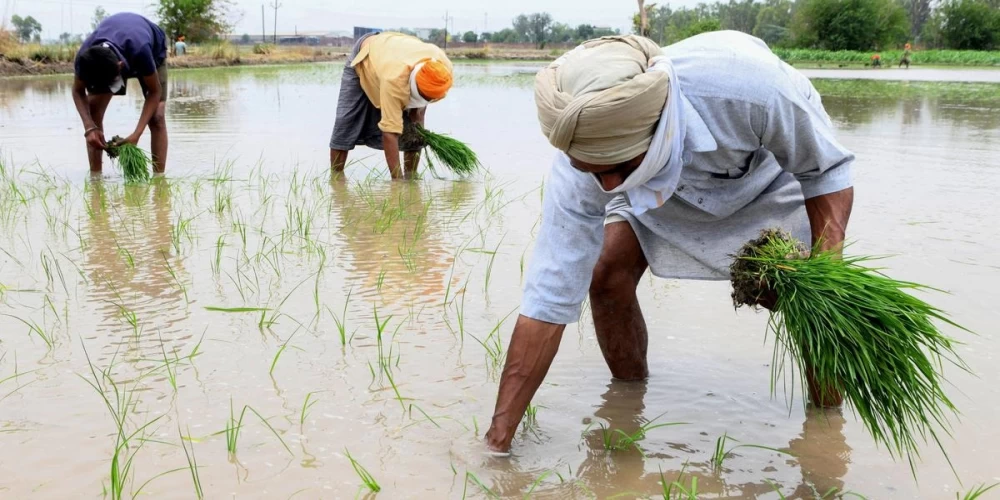
New Delhi: As Punjab’s kharif sowing season draws near, tensions are mounting over the state’s recent decision to ban hybrid paddy seeds. While the government has cited groundwater depletion and milling recovery concerns, a growing chorus of farmers, scientists, and industry leaders is calling for a nuanced, science-based reassessment.
“The policy feels like it came out of nowhere. We were never consulted,” says Harvinder Kaur, a second-generation farmer in Patiala, who had planned to switch to a new hybrid rice variety this year. “It matures quicker, gives me more grain, and I don’t have to burn stubble before the wheat season. Now I’m stuck.”
Punjab’s ban prohibits the production and sowing of hybrid rice this season, prompting sharp reactions from the scientific community. Dr A K Singh, Former Director and Emeritus Scientist at the ICAR-Indian Agricultural Research Institute, said the move could undercut India’s national food security targets.
“In the coming years, India must reduce its paddy cultivation area by 5 million hectares while boosting rice output by 10 million tonnes. That is only possible through scientific innovation like hybrid rice,” said Dr Singh. “Hybrids yield 1 to 1.5 tonnes more per hectare and are already grown on 3.5 million hectares.”
Hybrid varieties have evolved significantly from the longer-duration PUSA-44 type that Punjab phased out due to late harvesting and stubble burning. “Today’s hybrids mature in 125–135 days, use less water, and are compatible with sustainable practices like Direct Seeded Rice (DSR),” Singh added.
Gurjant Singh, a progressive farmer in Ferozepur, expressed similar frustration. “Last year, I harvested nearly 8.5 tonnes per hectare using a short-duration hybrid. It saved water and allowed me to start wheat sowing early. Why are better tools being taken away from us?”
According to the Federation of Seed Industry of India (FSII), hybrid seeds have cleared rigorous trials by ICAR and meet national standards for milling recovery, achieving over 70% total and more than 60% head rice recovery.
Ajai Rana, FSII Chairman and MD & CEO of Savannah Seeds, noted that such state-level bans may not hold legal ground. “Once approved under the Seed Act, 1966, a variety is legal for sale nationwide. States can regulate quality but cannot restrict the sale of centrally notified seeds,” he said.
Rana estimates the ban could cost farmers ₹10,000 to ₹12,000 per acre in foregone income. “Hybrids are not just high-yielding, they are an economic necessity. Blanket bans serve neither sustainability nor profitability,” he emphasized.
Scientists argue that rather than bans, policy should push for a transition to DSR methods, which use 30% less water, lower input costs, and reduce greenhouse gas emissions. ICAR-IARI has already released DSR-compatible basmati varieties like PUSA Basmati-1979 and PUSA Basmati-1985, with herbicide tolerance to ease weed control.
“Punjab’s farmers aren’t demanding handouts,” Harvinder adds. “We want access to better tools that help us grow efficiently, protect the soil, and stay profitable.”
As debate intensifies, Punjab’s hybrid rice policy is emerging as a test case for balancing ecological imperatives with farmer livelihood. With scientists pushing for technology-led reforms and farmers warning of unintended consequences, the path forward demands deeper engagement, and a return to science-led policymaking.
BI Bureau




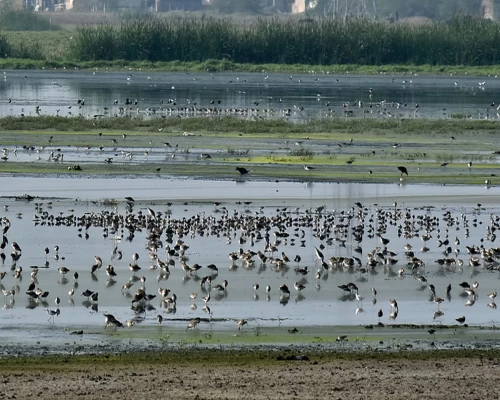

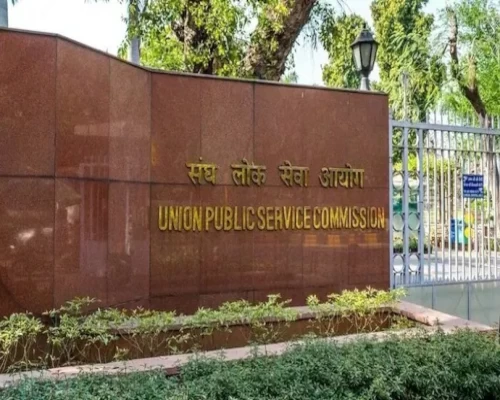
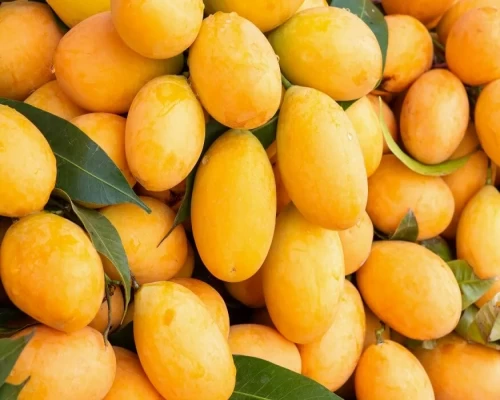


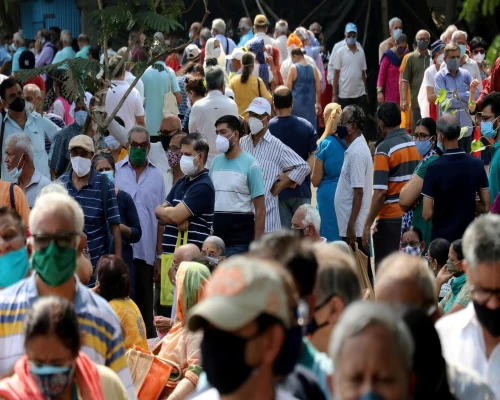
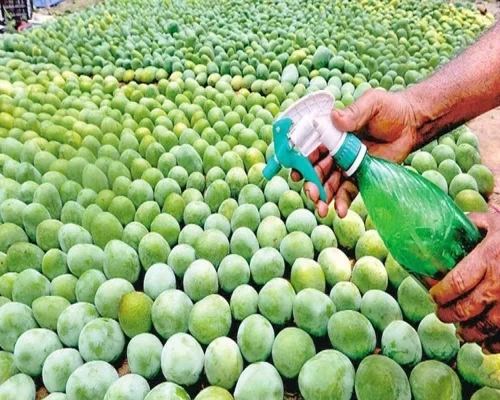
 (13)_500_x_400.webp)